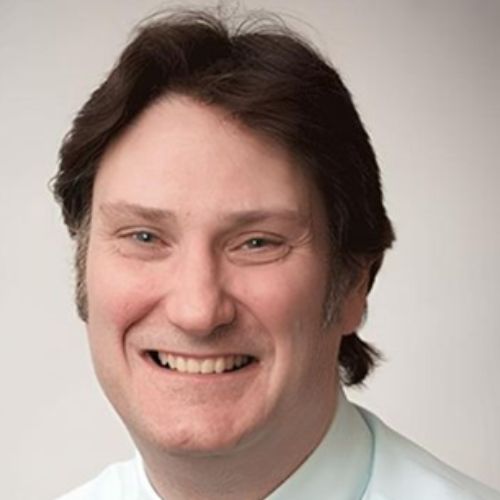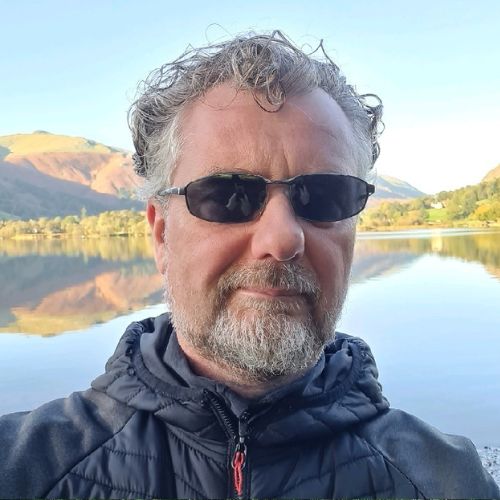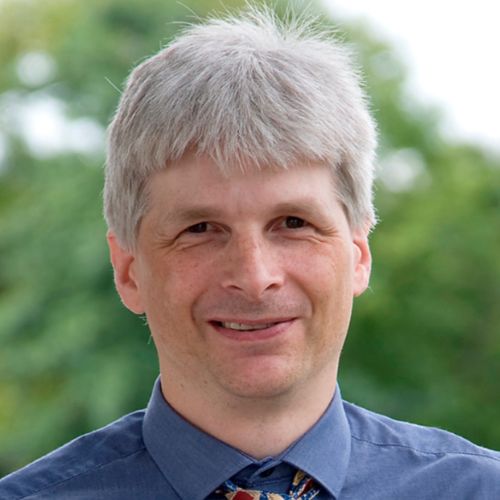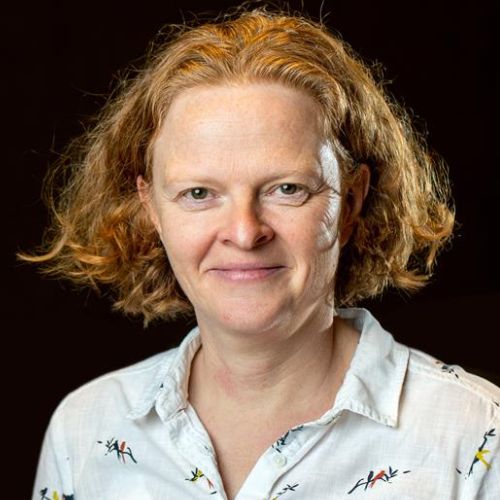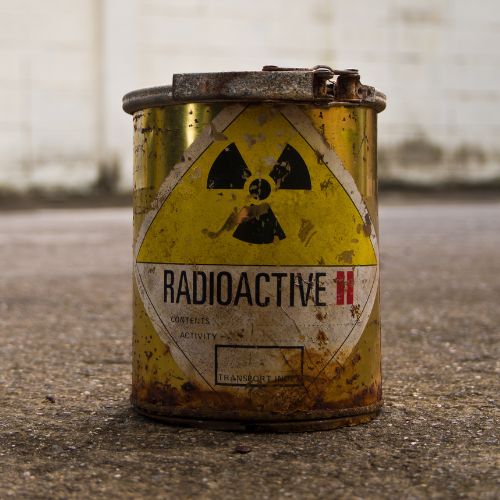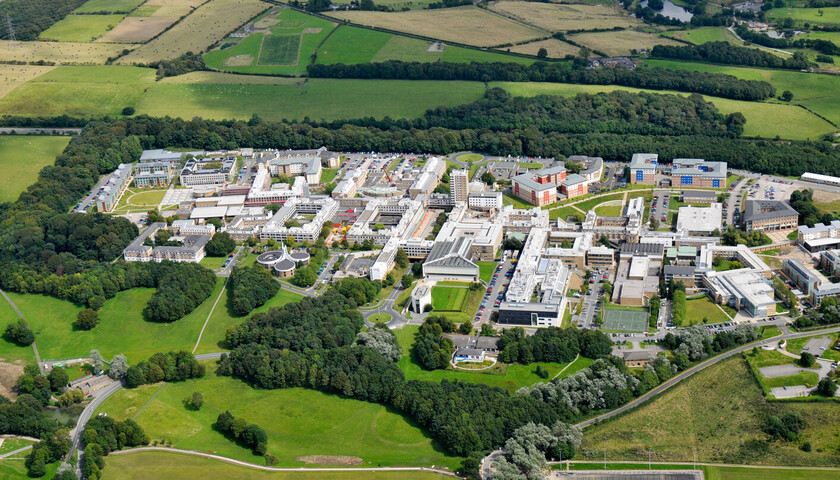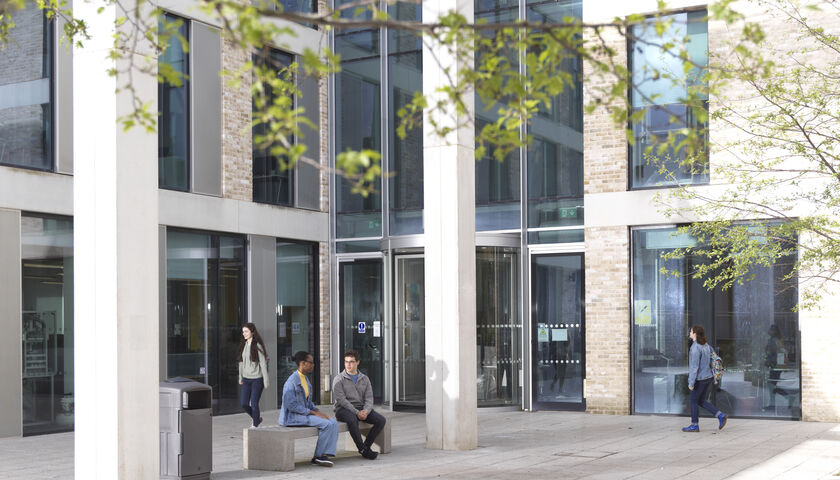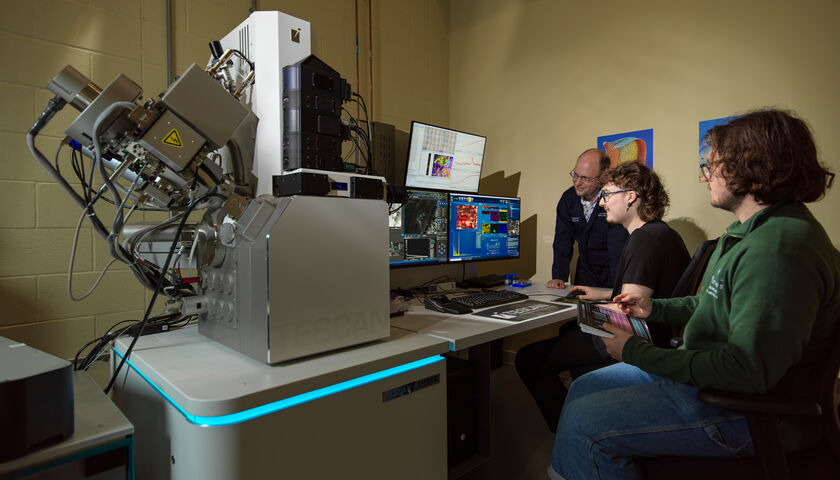Welcome to Uranium Science 2025
Thank you to those who attended Uranium Science 2025.
It was a great event and we could not have hosted it without the help of our sponsors Verder, AWE, Rolls Royce, Netzsch, NWS-RSO and Lucideon or without the fantastic presentations from the attendees. From a conference seed that originated at the University of Bristol, it has now become a real powerhouse event for discussing internationally the chemistry and applications of uranium.
As announced at the end of the conference, the next host of Uranium Science for 2027 will be The University of Sheffield. We wish them all the best and look forward to attending in 2 years time.


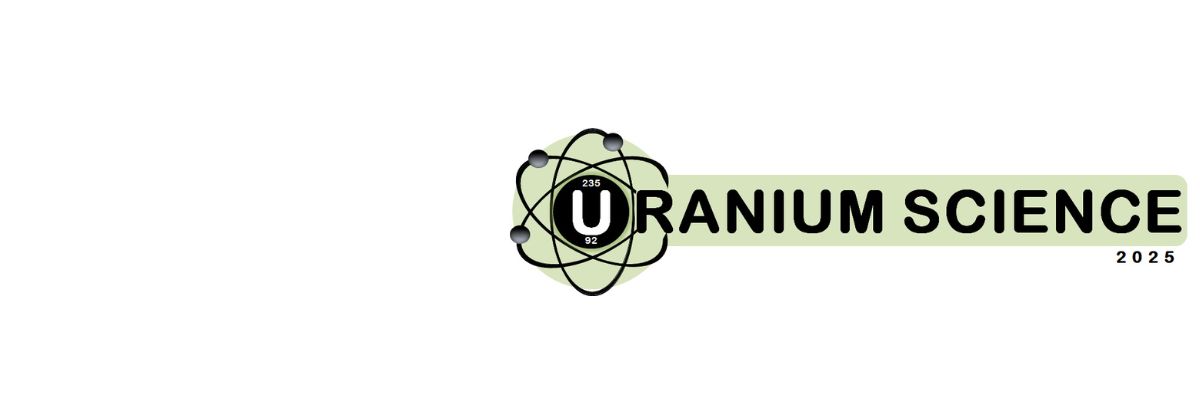
.jpg)
